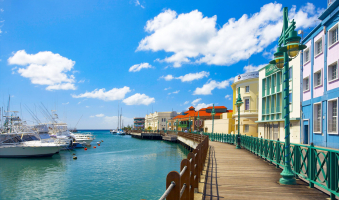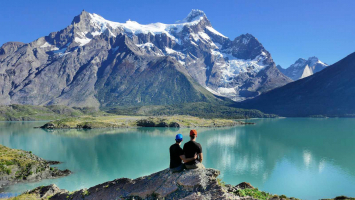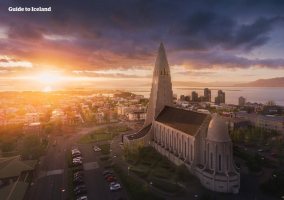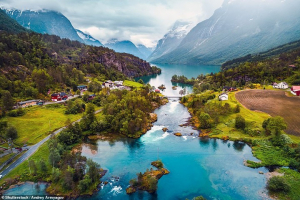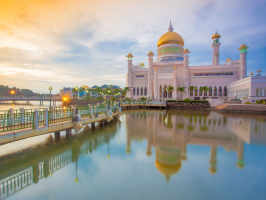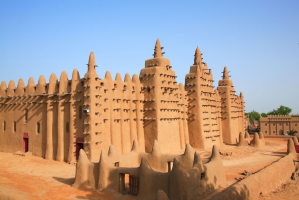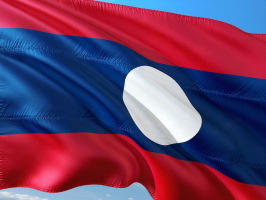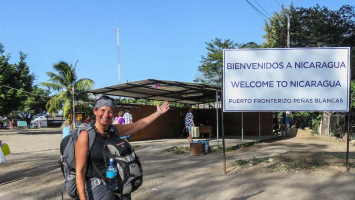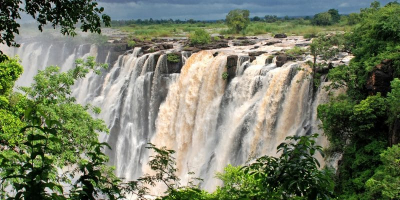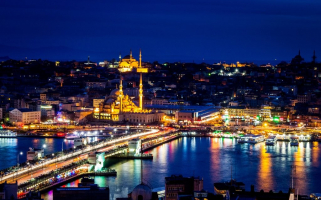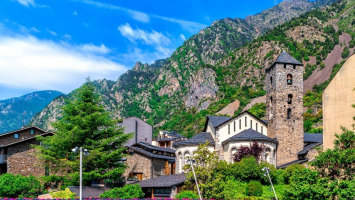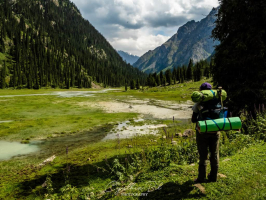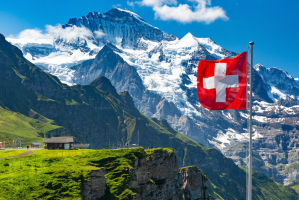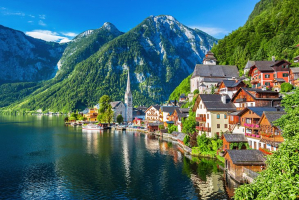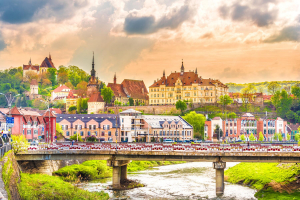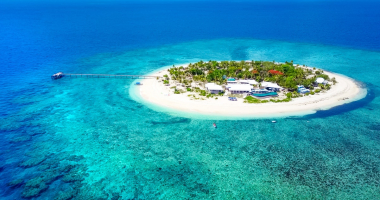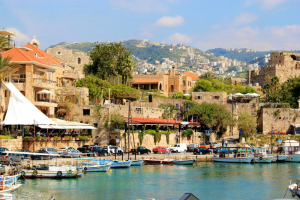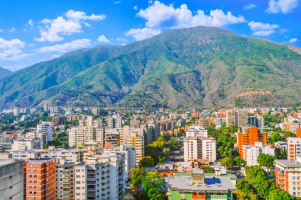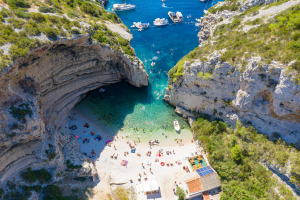Top 5 Things About Zimbabwe You Should Know
Zimbabwe, formally the Republic of Zimbabwe, is a landlocked nation in Southeast Africa surrounded by South Africa to the south, Botswana to the south-west, ... read more...Zambia to the north, and Mozambique to the east. Harare is the capital and largest city. People traveling in Zimbabwe are subjected to health screening processes at airports and other points of entry. Here are some Things About Zimbabwe You Should Know before you decide to travel.
-
Zimbabwe is an excellent choice for those who wish to do more than just see animals from a safari vehicle, which is one of the Things About Zimbabwe You Should Know. The country's several game parks provide a wide range of wildlife watching opportunities, including day and night game drives in open vehicles, boat cruises, walking safaris, kayaking, and houseboats. Determine what is available in the regions you wish to visit. Tourism is a significant source of revenue in Zimbabwe, and hotel and restaurant standards in the more famous tourist locations are strictly enforced. The majority of the country's prominent tourist destinations are located in remote areas distant from the country's major towns.
Victoria Falls, one of Zimbabwe's major tourist attractions, is nearly entirely geared toward tourism and remains a popular visit. Victoria Falls, sometimes known as Vic Falls, is a vacation town and city in Zimbabwe's Matabeleland North region. It is located on the southern bank of the Zambezi River, at the western end of Victoria Falls. The town has a population of 33,060 according to the 2012 Population Census. The town is located near the border with Zambia, divided by the Zambezi River and the binational Victoria Falls in Southern Africa. It is located a few kilometers from Livingstone and is bordered by the national parks of the Zambezi, Mosi-oa-Tunya, and Victoria Falls.
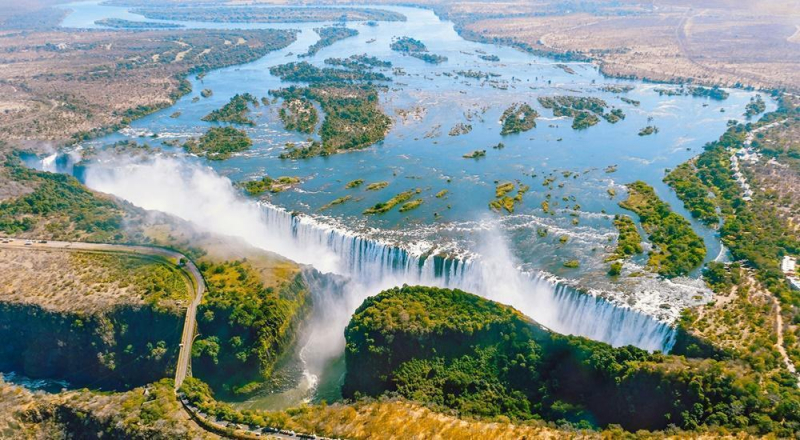
cruisemapper.com 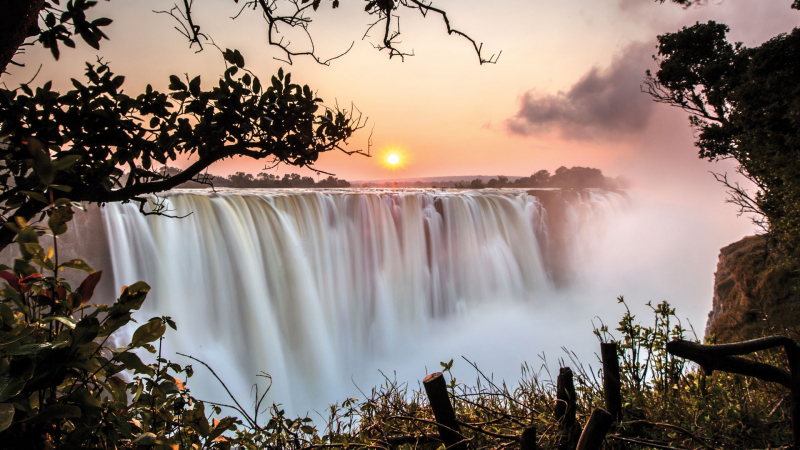
cruisemapper.com -
Currency is one of the Things About Zimbabwe You Should Know. US dollars and South African rands are widely accepted; however, notes issued before 2003 are no longer recognized. High denomination notes may also be rejected. Most commercial banks have banking hours from 09h00 to 15h30 Monday through Friday and 08h00 to 11h00 on Saturday. ATMs may be located in Zimbabwe's major city centers and retail malls.
Credit card usage is not recommended in Zimbabwe. Most restaurants, stores, and hotels accept Visa and MasterCard. American Express and Diners Club are occasionally not accepted. Proof of identity may be required, therefore have a passport or other form of picture identification with you at all times. Petrol stations do not take credit cards.
Zimbabwe is now facing a cash shortage. Cash withdrawals with an international bank card are possible at some ATMs and bank locations, however, availability is not always guaranteed. Credit and debit cards are being utilized for more transactions. Always check that you are being charged in the proper currency. There are also some issues with foreign transfers from countries other than Zimbabwe.
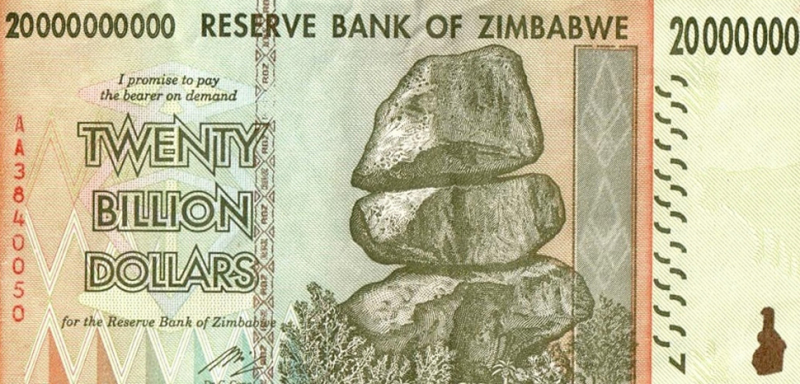
geopoliticalmonitor.com 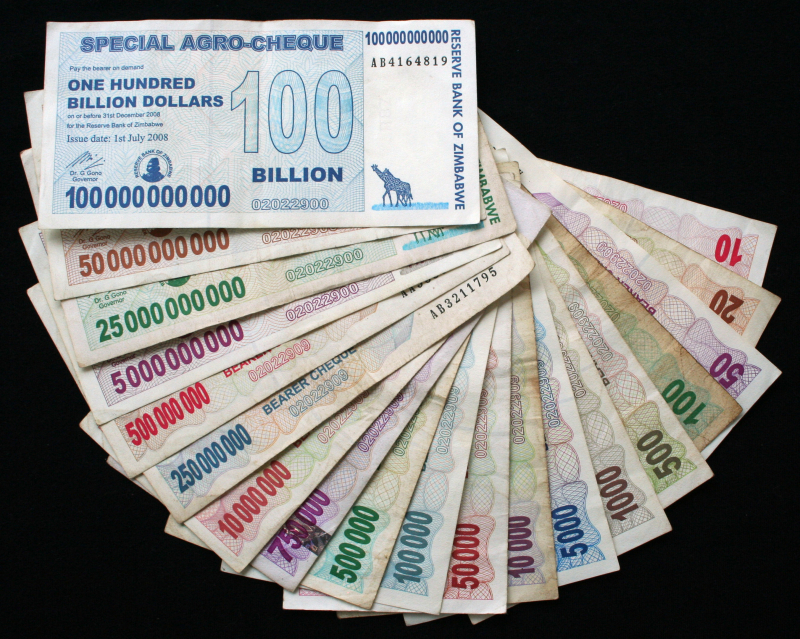
geopoliticalmonitor.com -
It is recommended that you verify with your tour operator or hotel concierge; they will be aware of any potentially dangerous spots along your trip path. It is best to avoid desolate regions, especially at night, and if you are on a self-drive excursion, please ensure that your car is always locked And park in well-lit, busy areas. When visiting Africa's different cities, dress down (i.e., avoid wearing ostentatious jewelry). Concealed travel wallets are advised. It is not advisable to stop for hitchhikers.
The degree of crime is modest. Individuals traveling alone may be more susceptible. Mugging, pickpocketing, and jewelry theft are all widespread in city centers, particularly after dark. Street illumination may be deplorable. Maintain vigilance when exiting banks and cash stations, as well as at Robert Gabriel Mugabe International Airport. Carry or show significant sums of money in public locations.
Thefts and smash-and-grab robberies from automobiles have occurred, especially at major crossroads along the way to Robert Gabriel Mugabe International Airport and on the Masvingo-Beitbridge road. When utilizing these roads, you should be extra cautious. Keep your vehicle's doors and windows closed. Take extra precautions at night and at gas stations. Do not leave your vehicle unattended in unsecured town areas.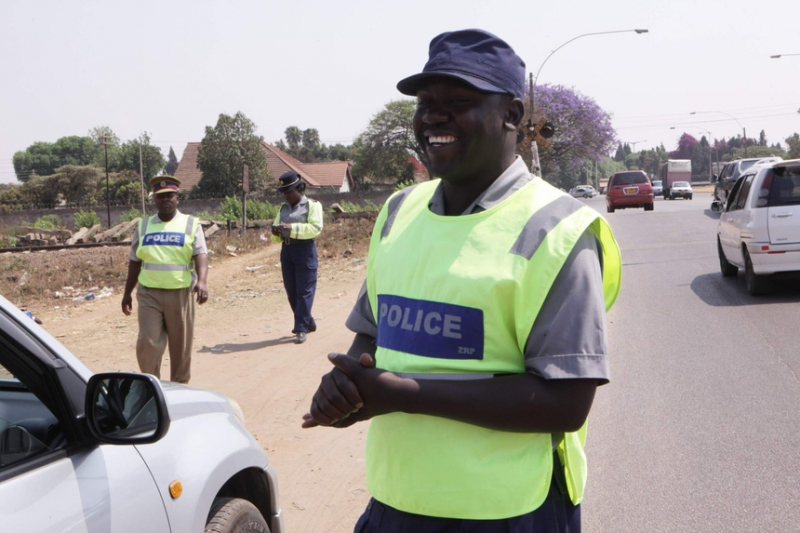
discoverafrica.com 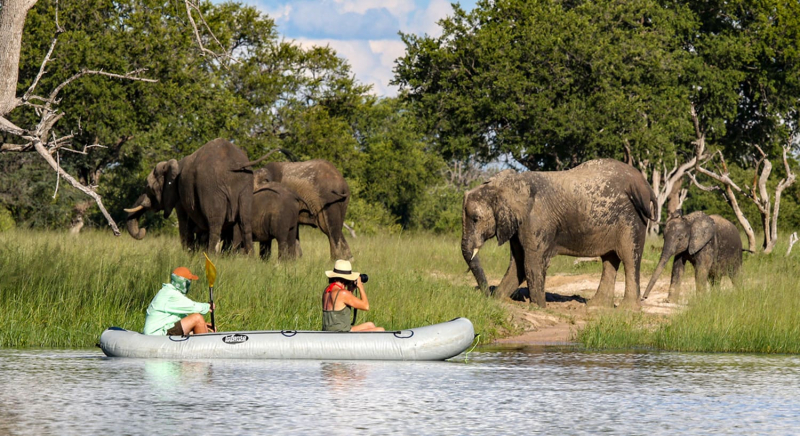
discoverafrica.com -
Please use caution when photographing individuals, that is one of the Things About Zimbabwe You Should Know. Zimbabweans are known for their friendliness; yet, it is polite to seek permission before taking photographs. Photographing public structures, government institutions, or military people is prohibited. Without specific authorization from the Ministry of Information, photographing government offices, airports, military sites, official houses, embassies, and other sensitive locations is forbidden. It is prohibited to photograph members of the police and armed forces, as well as demonstrators and protesters. The law is vigorously enforced.
The Presidential Guard patrols the area around State House in Harare (the President's official home). They do not let automobiles, bicycles, or pedestrians loiter, and photography is strictly banned. This area's roadways are blocked at night (from 6 p.m. to 6 a.m.). Avoid utilizing GPS navigation devices in the vicinity of the President's Residence, and if feasible, avoid the area entirely.Unmanned Aerial Vehicles (Drones) are not permitted in any of the conservation areas we oversee until their impact on wildlife and anti-poaching measures can be evaluated. Because our partners in many nations and regions have taken a similar approach, this regulation will apply throughout Africa.
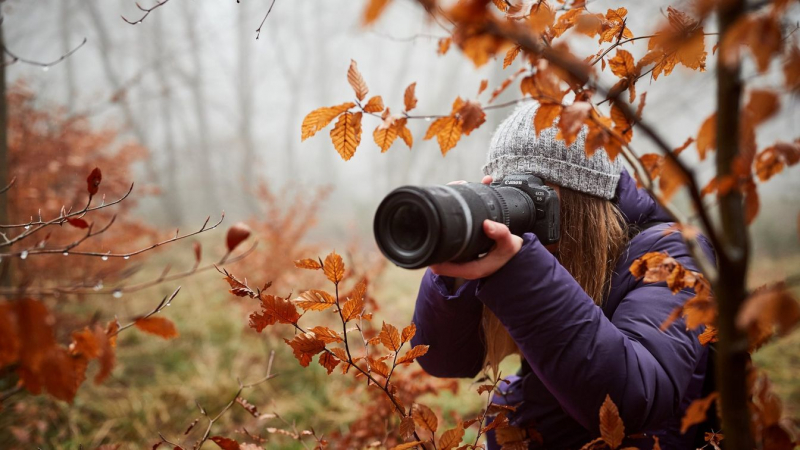
tourradar.com 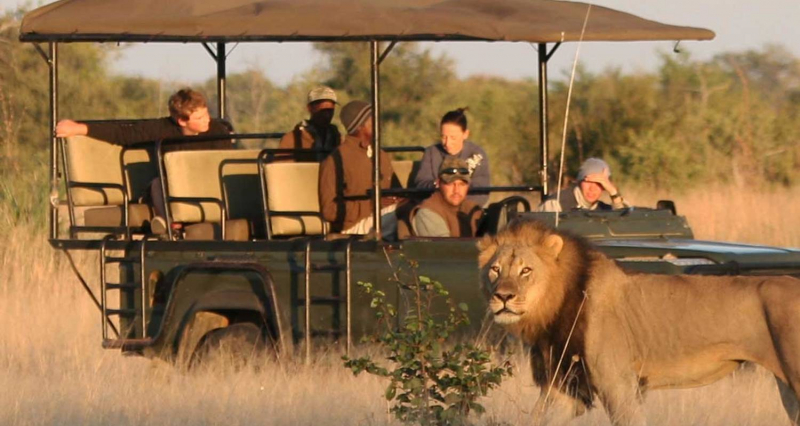
tourradar.com -
Passports and Visa Requirements are one of the Things About Zimbabwe You Should Know. If you are visiting Zimbabwe, your passport should be valid for at least six months from the date of your arrival and have three blank pages left in it to allow you to enter Zimbabwe and depart through one of the neighboring countries if you need to leave quickly. Check with your travel provider to ensure that your passport and other travel papers are acceptable.
To visit Zimbabwe, you will require a visa. Visitors are normally granted entrance authorization for 30 days, but you should double-check that the number of days granted at the port of entry covers the length of your desired stay. If necessary, you can ask to have this term renewed and extended. If you want to extend or renew your visa or permission, you must go via the appropriate Government of Zimbabwe department. It is prohibited to make a false statement in support of a visa application. If you travel without the proper papers, you risk being arrested and deported. If you hold a tourist visa, you are not permitted to conduct business or seek employment. Volunteering and missionary work are considered labor for a period of 30 days, therefore a temporary working visa is necessary to engage in these activities while in Zimbabwe. To work, you must have the proper visa or work permit. Before you go, confirm current entry requirements with the Zimbabwe Embassy in London.
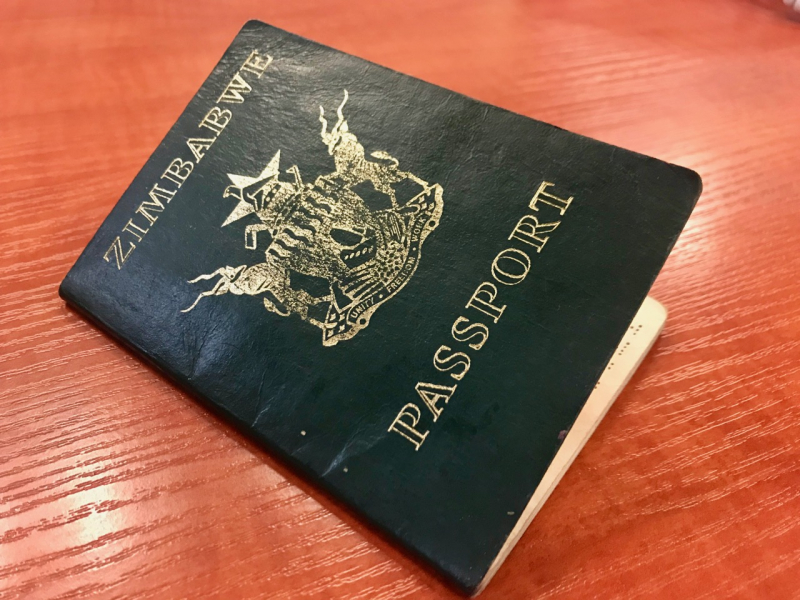
journeysbydesign.com 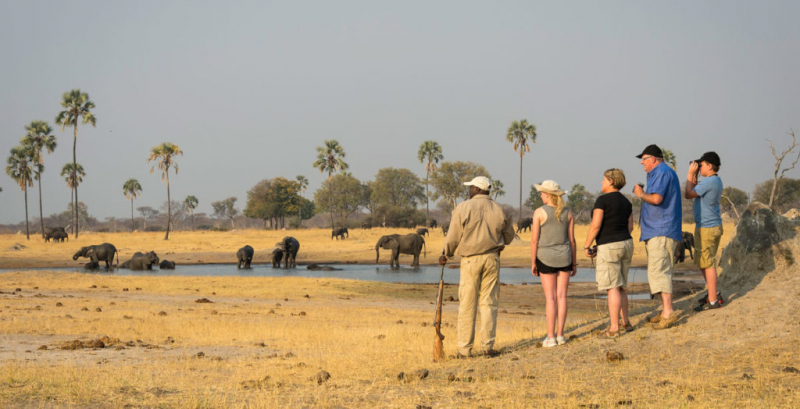
journeysbydesign.com







